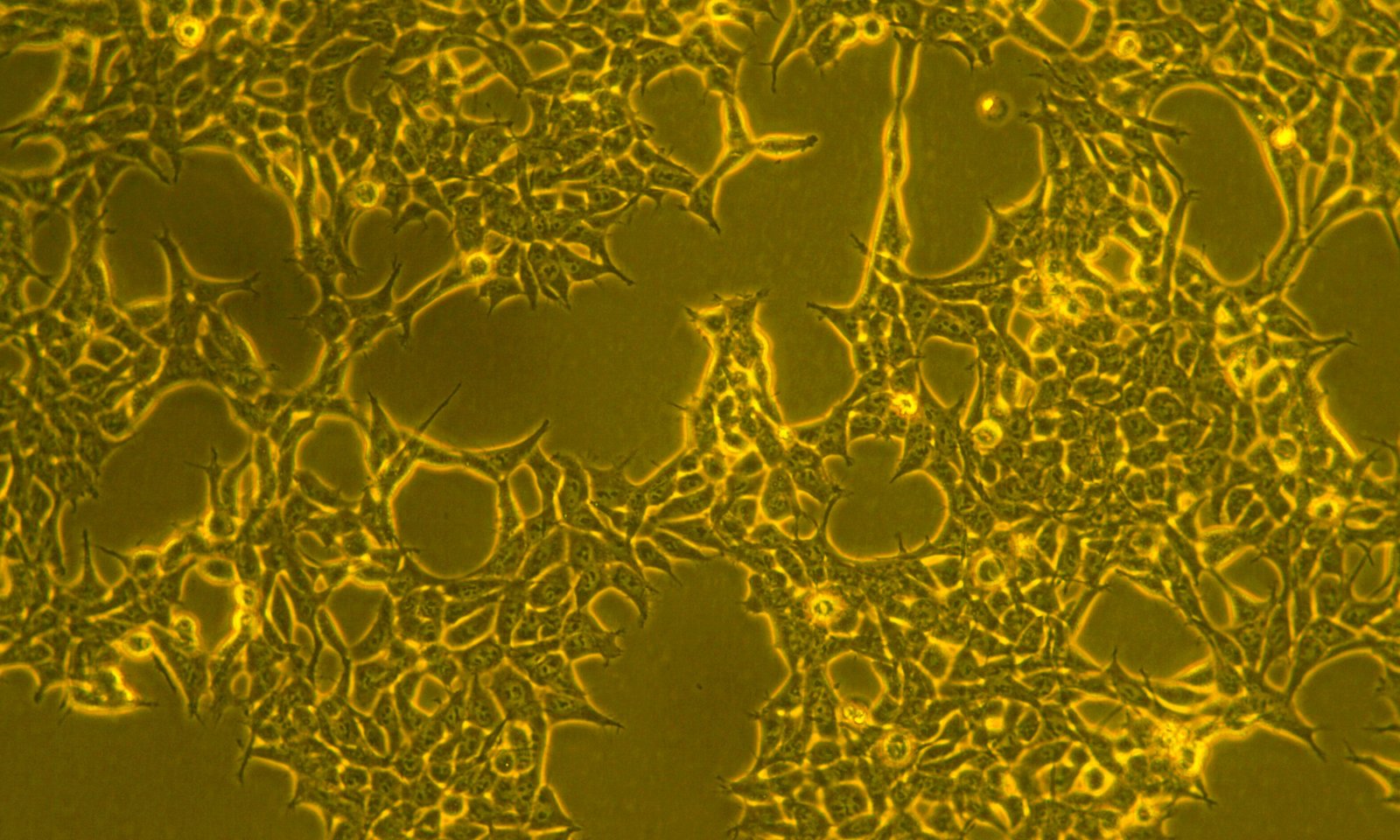Abstract
Changes in chromatin organization occur during aging. Overexpression of histones partially alleviates these changes and promotes longevity. We report that deletion of the histone H3-H4 minor locus HHT1-HHF1 extended the replicative life span of Saccharomyces cerevisiae. This longevity effect was mediated through TOR signaling inhibition. We present evidence for evolutionarily conserved transcriptional and phenotypic responses to defects in chromatin structure, collectively termed the chromatin architectural defect (CAD) response. Promoters of the CAD response genes were sensitive to histone dosage, with HHT1-HHF1 deletion, nucleosome occupancy was reduced at these promoters allowing transcriptional activation induced by stress response transcription factors Msn2 and Gis1, both of which were required for the life-span extension of hht1-hhf1Δ. Therefore, we conclude that the CAD response induced by moderate chromatin defects promotes longevity.
Reference:
Cellular response to moderate chromatin architectural defects promotes longevity. RUOFAN YU, LUYANG SUN, YU SUN, XIN HAN, LIDONG QIN, WEIWEI DANG. SCIENCE ADVANCES. 10 Jul 2019: Vol. 5, no. 7, eaav1165, DOI: 10.1126/sciadv.aav1165
Keywords: cellular responses, moderate chromatin architectural defects, longevity, transcription factors Msn2 and Gis1, TOR signaling inhibition, histone H3-H4, aging, chromatin organization.
Join for free INPST as a member
The International Natural Product Sciences Taskforce (INPST) maintains up-to-date lists with conferences, grants and funding opportunities, jobs and open positions, and journal special issues with relevance for the area of phytochemistry and food chemistry, pharmacology, pharmacognosy research, and natural product science.

























